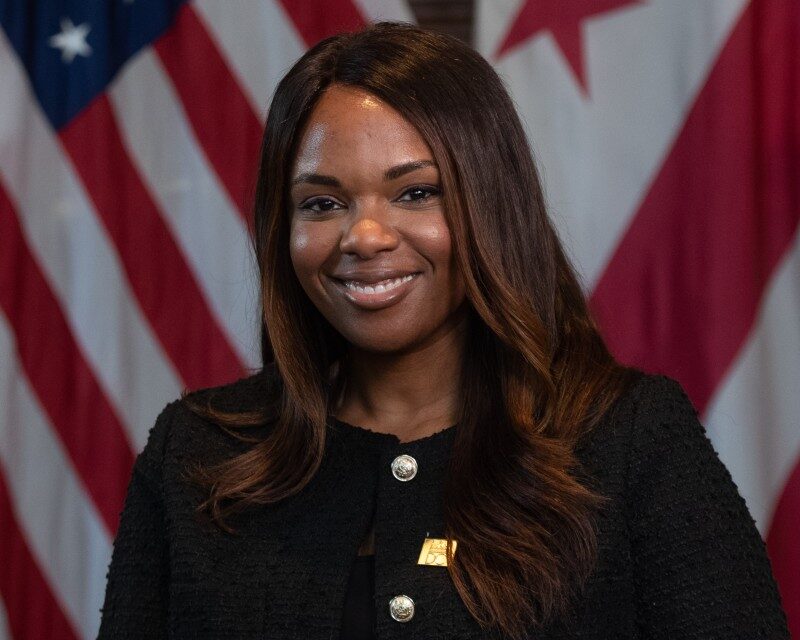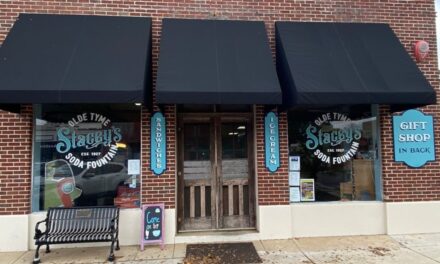By Tashi McQueen
AFRO Political Writer
The D.C. Council recently voted to extend the youth violence and opioid public emergencies until Feb. 15 of 2024.
Mayor Muriel Bowser (D) declared a public emergency on Nov. 13, providing District residents with more resources to address youth violence and the opioid crisis.
“The emergency declaration allows district agencies to respond more flexibly, cooperatively and expeditiously to these crises,” said Councilmember Brooke Pinto (D-Ward 2), during the legislative meeting. “Opioids have inflicted profound harm on communities within the district and across the nation. Between January and July 2023, we’ve averaged 42 opioid fatalities every month.”
According to Councilmember Christina Henderson (Ind-at-Large), the district currently has about $14 million dollars in opioid settlement funds that are available for community investments.
“In the first nine months of 2023, there were 458 arrests of juveniles for robbery including carjacking, homicide or assault with a dangerous weapon – a number which is already 10 percent more than the total number of such arrests in all of 2022,” Pinto added.
The public emergency will allow us to streamline and expedite our responses
Public health emergencies, by law, expire in 15 days, but can be extended by the vote of the council. Within the extension, the council provided limited flexibility for procurement.
“The agility provided through this public emergency is crucial and makes a substantial impact on the crisis,” said Henderson. “ I want to thank the mayor for moving on this effort and I look forward to continuous work in this area.”
The public emergency permits the district to include non-fatal overdoses in a data-sharing agreement between D.C. Health, the Department of Behavioral Health and the Fire and Emergency Medical Services.
The order also allows the district to encourage private providers to open more shelters and expedite renovations at the Youth Services Center which will add a 10-bed unit.
“We need to have more flexibility to house kids more effectively,” said Sam Abed, newly appointed acting director of the Department of Youth Rehabilitation Services (DYRS). “We need to be able to classify kids and move them into different spaces based on a number of criteria that we look at. We’re going to be looking at: Do they have conflicts? Do they have size considerations? We look at their age. We look at their gender.”
As of Nov. 23, there are 79 youngsters in the YSC, according to data from the OIJJ. The average stay for youth is about 62 days.

Department of Youth Rehabilitation Services and Department of Children’s Services, she is advocating for more opportunities for youth in the juvenile justice system. Courtesy photo
“Between January and October of this year, 97 youths have been shot, including 15 fatally. The order from Mayor Bowser addresses how we can respond urgently to our youth needs by ensuring there’s a wide continuum of placement options for our young people who are engaged in the juvenile justice system,” said Lindsey Appiah, deputy mayor for public safety and justice. “While shelter homes, which are community-based group homes, are one piece of that continuum, we know our youth have a host of needs. We’re invested in meeting those rehabilitative needs while providing for the safety of the public by having a wide range of placements.”
A week before Bowser declared these public emergencies, D.C. Councilmember Trayon White (D-Ward 8) spoke out about alleged violence and poor conditions at the Youth Services Center (YSC).
“We’ve seen a number of issues happening here over the course of the year, more recently in the last two weeks,” said White on Nov. 6. “There’s a lot of frustrated youth in here, and as a result of being frustrated, they’ve been acting out in various ways.
White’s office said Abed confirmed incidents of assault between youths and a situation where five youths refused staff instructions and were being combative. According to Councilman Zachary Parker (D-Ward 5), there have also been reports of “all-out brawls.”
“It’s a broken system,” said White. “Some of these youths are complaining their lawyers came Friday and they weren’t able to talk to them or their parents. The intake process is supposed to last no more than 10 days. Some of them have been in the intake process for three months.”
White also said some youth at YSC are complaining about being kept in their rooms for 23 hours and only receiving 30 minutes of education daily.
On Nov. 16, White introduced a resolution alongside Council members Christina Henderson (Ind at-Large), Charles Allen (D-Ward 6) and Parker to keep the Office of Independent Juvenile Justice Facilities Oversight (OIJJFO) open through Sept. 30, 2024. The resolution passed on Nov. 21 and went into effect immediately.
The post D.C. Council extends youth crime and opioid public emergencies appeared first on AFRO American Newspapers.










